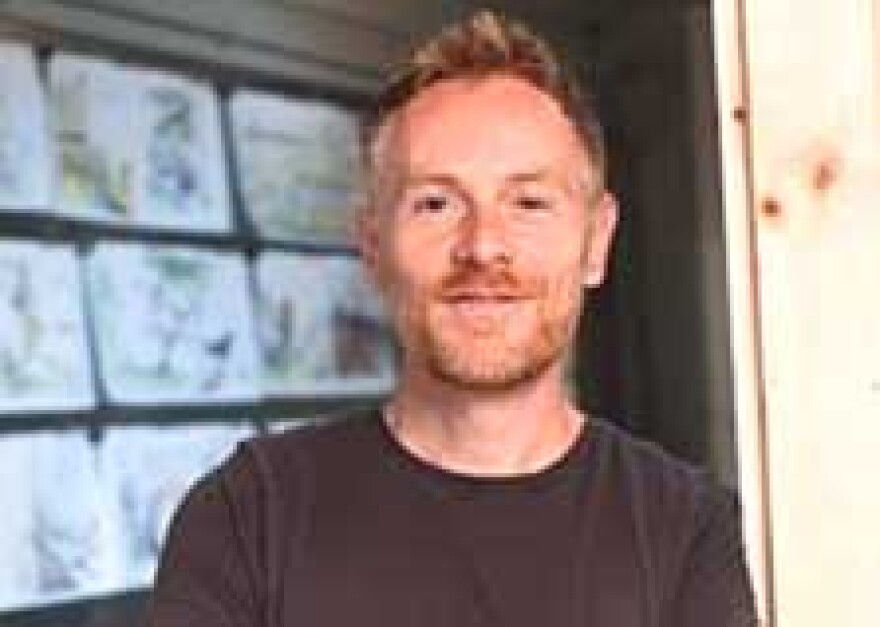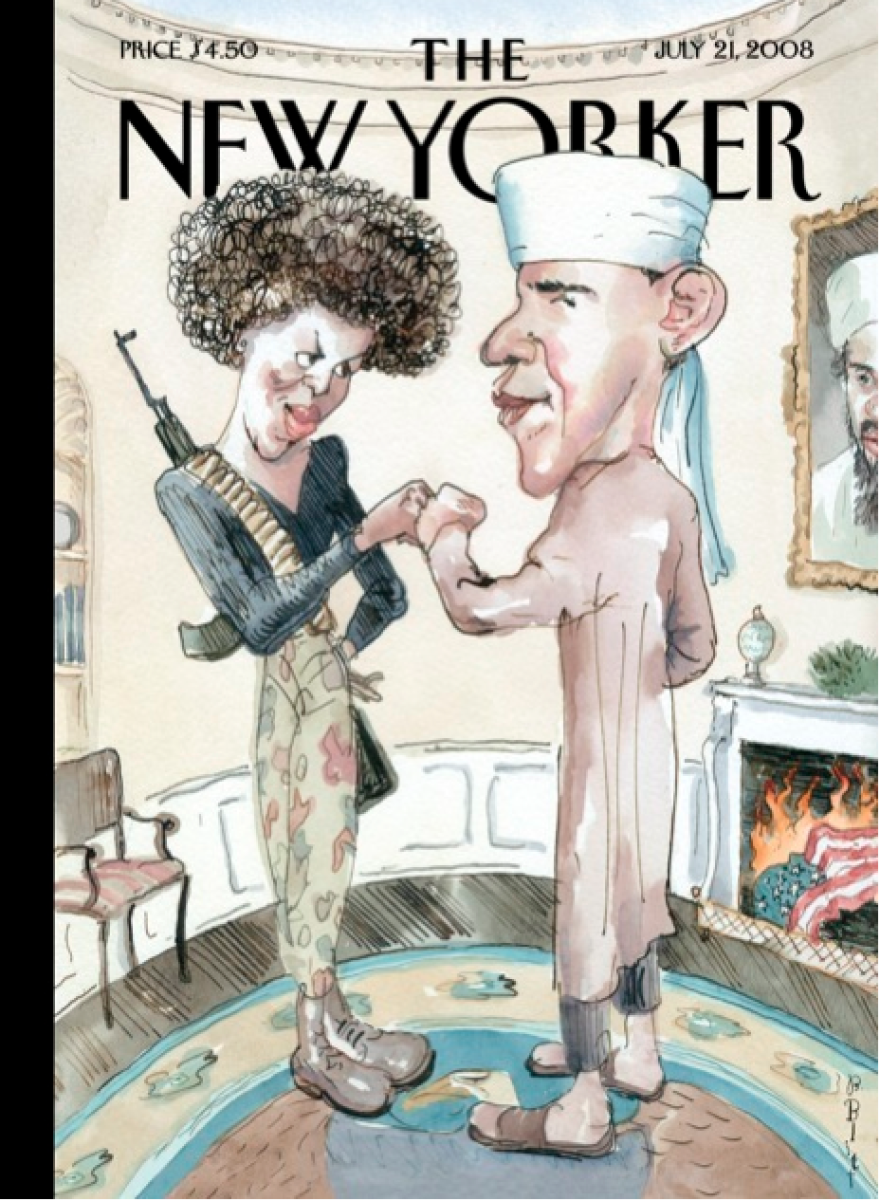
"The fact that you could be executed in a battlefield-style execution, is beyond the realm of...I'm still having such a difficult time."
-Matt Davies
Less than a week after the deadly shootings at the headquarters of French satirical magazine Charlie Hebdo, political cartoonists in the U.S. are still processing what happened to their colleagues.
Two Connecticut-based cartoonists spoke on WNPR's The Colin McEnroe Show about reactions they get to their work. Matt Davies, staff cartoonist for Newsday, and Dan Perkins, syndicated cartoonist better known as Tom Tomorrow, called some of the feedback "nasty" and "frightening."
Listen below to Davies and Perkins discuss threats they've received in response to cartoons:

Despite these threats, Davies said he's never felt like he was in danger, making last week's massacre even more shocking. "The notion that you're sitting in your office after having made your marks on a piece of paper, and the fact that you could be executed in a battlefield-style execution, is beyond the realm of...I'm still having such a difficult time," he said.
Perkins's weekly strip "This Modern World"frequently criticized the Bush administration and U.S. policies after the September 11 terrorist attacks. More recently, he has been critical of gun rights advocates in the wake of mass shootings throughout the nation.
"It's kind of a lonely place to be a cartoonist criticizing gun rights groups, let alone criticizing the direction the country was going in, in the immediate aftermath of 9/11," said Perkins. "That was a very lonely and scary place to be."
Both artists have published cartoons in response to the Charlie Hebdo shootings:
The Charlie Hebdo ‘Hot Takes’ http://t.co/g08VSHxYAE pic.twitter.com/k03dLlfqwA
— The Nation (@thenation) January 13, 2015
Where's the trigger? @Newsday cartoonist @MatttDavies on "mind-numbing" tragedy http://t.co/l95XbVN1Hw #CharlieHebdo pic.twitter.com/XAXJ20Weat
— Newsday Opinion (@NewsdayOpinion) January 7, 2015
As with editorial cartoons in the United States, Perkins and Davies emphasized the need for context when viewing the most controversial cartoons published by Charlie Hebdo.
Listen below to an excerpt of the conversation:

"I think it's a dangerous thing to just look at images entirely out of context, with no understanding," said Perkins. He said he's been reading more from people who are immersed in the culture and are defending Charlie Hebdo. "These guys were pro-immigrant, left-wing guys who were using the symbols of the opposition in order to satirize it."
In 2008, the New Yorker published a cartoon on its cover showing then-presidential candidate Barack Obama wearing a turban while fist-bumping his wife who is dressed as a militant. The American flag is burning in the fireplace while a portrait of Osama bin Laden hangs in the background.
"It couldn't be more obviously a satirical comment on the Fox News world view if it had a big headline superimposed saying 'This is a satirical comment on the Fox News world view,'" said Perkins. "Yet this caused a firestorm of criticism in America from other Americans upon whom the context was lost."
Both cartoonists admitted to not knowing much about Charlie Hebdo before last week's killings and were trying to catch up on the publication's history.
The images on their own strike many as being offensive. But "a lot of what they were doing in context, was making fun of the people they disagreed with for being racist," said Davies.
Other than direct reactions to the shootings, readers of Davies and Perkins shouldn't expect to see anything different in their content moving forward. Even after the last week, both feel comfortable continuing what they do.


